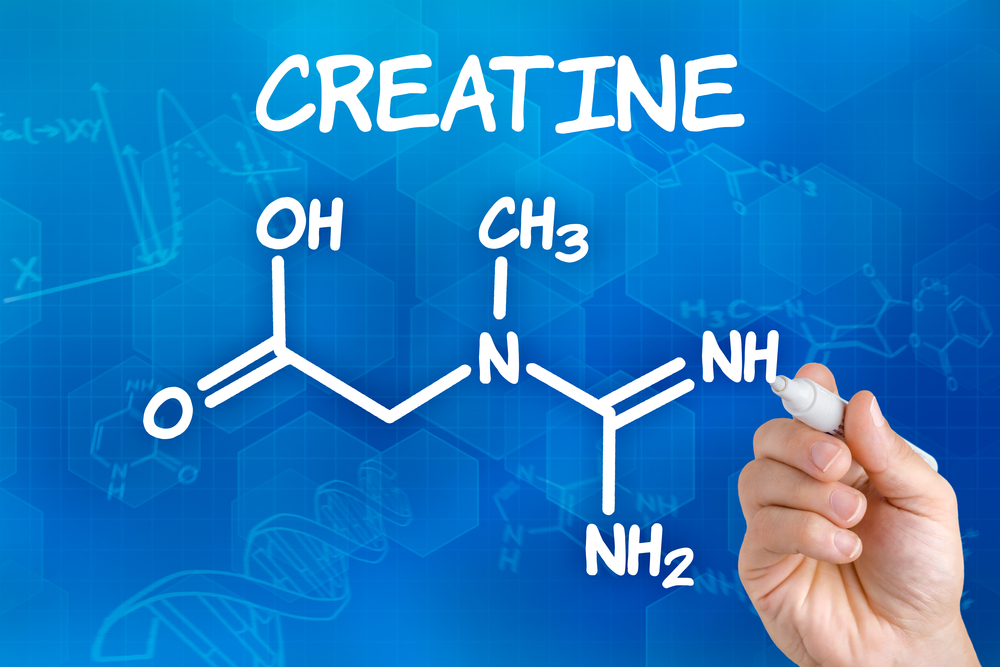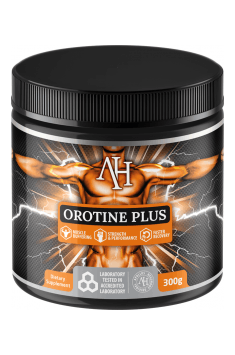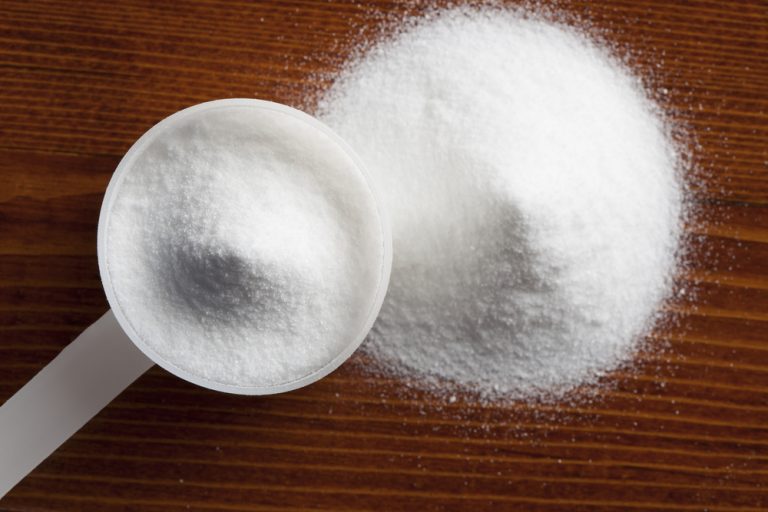Creatine is one of the most popular dietary supplements. This makes it one of the most researched supplements. Even though a lot of research has been done on how creatine works, there are still many myths about its properties and safety of usage. Today we will find out what are the biggest myths about this dietary supplement and we will try to clarify if they are true or not.
Is creatine only for physically active people?
Creatine is mostly used by people whose training goal is to increase the volume of muscle mass. However, it is not a dietary supplement only for those physically active people. This is a myth about creatine which is most often repeated. So it is worth knowing why it is so.
Benefits of using creatine
Consuming creatine we may count on a slight increase in the amount of produced ATP in our organism. ATP is a chemical compound that is the source of cellular energy. It is worth remembering this, but we must not think that we need ATP only to build muscle mass. Of course in this case it is also necessary, but how we use the energy produced by creatine is up to us.
So if not for increasing muscle mass, then for what to use creatine? For example to burn excessive fat tissue. This is one of another use of this highly effective dietary supplement. ATP energy can support thermogenic processes in the body, thanks to which the fat metabolism process will be accelerated.

Is creatine a steroid?
Many people think that creatine is a steroid. This myth about this sports nutrition supplement is most often repeated among beginners. Not surprisingly, many times it is said that creatine supports and makes the post-workout pump more visible.
However, it is worth remembering that creatine is a substance that has been subjected to numerous studies and none of them has shown that it is a preparation that has the same or similar effects to steroids. It is important to note that creatine does not affect the functioning of the endocrine system in any way. It also does not affect the secretion of testosterone.
So we cannot put it together with steroids which are illegal substances and have a negative influence on our health. Creatine is so effective because it increases the amount of ATP. Thanks to this we feel that our energy resources in the body increase. And this makes us have more strength, our endurance increases and this leads to the possibility to do more repetitions or prolonged workouts, which improves the training effects.
The best form of creatine
We can find many types of creatine in the market. There are also many companies that offer different forms of it. The most popular on the market is creatine monohydrate or creatine malate. However, you can find many more types of creatine, such as nitrate, citrate, phosphate, and orotate.
The truth is, however, that no matter which creatine you choose it will give you the same results. The fact that creatine supplementation will be effective also depends on what kind of diet we have and how intensive our workouts are. It is also worth remembering that there are many manufacturers who decide to enrich theirs creatine supplements with additional substances which may intensify creatine effects. You should know, however, that in the end, it will give the same effects as creatine alone.

Side effects of creatine
There are some opinions that using creatine may lead to side effects. However, it is worth remembering that this is a dietary supplement that has been tested many times in various conditions, so we probably know about all side effects. However, they do not happen often and occur only in those people who consume too much creatine for a long time.
So only excess creatine can be harmful. However, if we consume it according to the producer’s recommendations and in appropriate doses, there is no reason for concern. However, it is worth being careful because in excess it can be a burden on the liver and kidneys. There are a few people who reach for larger doses of dietary supplements because they think that the higher the dose the greater its effect will be. However, this is a wrong way of thinking that can lead us to toxicity from overdosing.






